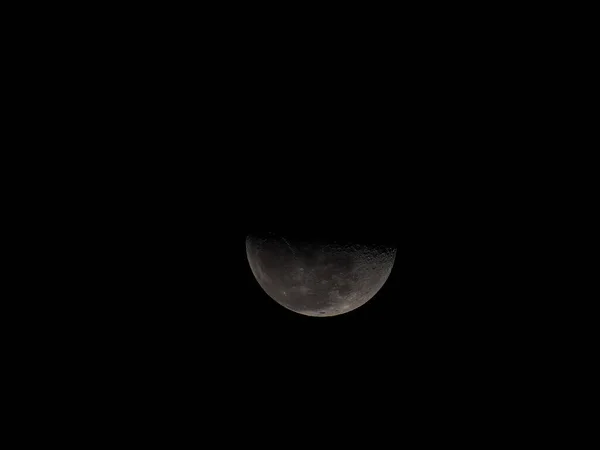This Year Ends With a Rare Black Moon

As the year 2024 draws to a close, skywatchers around the globe are in for a treat with the occurrence of a rare astronomical event known as a Black Moon. This phenomenon will grace the night sky on December 30-31, 2024, offering an unparalleled opportunity for stargazing under some of the darkest skies of the year.
What is a Black Moon?
A Black Moon is not as ominous as its name might suggest; rather, it refers to the second new moon in a calendar month. Typically, we only see one new moon per month, but due to the lunar cycle’s length of about 29.5 days, occasionally, two new moons can occur within the same month. This rare event is akin to a Blue Moon, which happens when there are two full moons in a month, but for the new moon phase.
Why is it Rare?
The rarity of a Black Moon stems from the irregular alignment of the lunar cycle with our Gregorian calendar. According to astronomical data, Black Moons occur approximately once every 29 months when using the “two new moons in a month” definition. However, this event is even rarer when considering the seasonal Black Moon, which happens about once every 33 months when there are four new moons in a season that normally has three.
The 2024 Black Moon Experience
This year’s Black Moon will be particularly special as it coincides with the end of the year, providing a symbolic close to an eventful 2024. At 4:26 p.m. CST (10:26 p.m. UTC) on December 30, 2024, the moon will align between Earth and the sun, rendering it invisible from our perspective—hence the term “Black Moon.” This positioning will result in an exceptionally dark night sky, ideal for observing stars, planets, and other celestial bodies that are usually outshone by the moon’s light.
For those in the Americas, this event will occur on December 30, while in Europe, Africa, and Asia, it will be December 31. Observers can look forward to spotting constellations like Orion, Taurus, and the Southern Cross, alongside planets such as Jupiter and Mars, which will be particularly bright in the night sky due to the absence of lunar illumination.
A Time for Reflection and Observation
The Black Moon not only offers a unique viewing opportunity but also symbolizes a moment for reflection as we bid farewell to 2024. It’s a reminder of the natural cycles that govern our world and the beauty of the cosmos that often goes unnoticed in our busy lives.
Amateur astronomers and professionals alike are encouraged to take advantage of this dark sky event to explore the heavens. Whether it’s through a telescope, binoculars, or simply with the naked eye, this Black Moon presents a chance to connect with the universe in a way that’s seldom possible.
As we prepare to welcome 2025, the Black Moon of December 2024 invites us to pause, look up, and marvel at the wonders of our celestial neighborhood. It’s an event that underscores the beauty of astronomy and reminds us of the ever-changing dance of celestial bodies around us.




